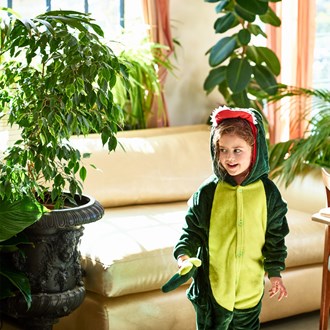'I was so angry': Libby Trickett's battle with post-natal depression

While Libby Trickett was all smiles on the podium, beneath the surface, the Aussie star was struggling with crippling self-doubt.
By Hattie Hamilton and Jenny Ky
October 01 2019
Libby Trickett was the golden girl of swimming, and she has the medals to prove it.
But while she was all smiles on the podium, beneath the surface, the Aussie star was struggling with crippling self-doubt.
After retiring as an athlete and starting a family, Trickett succumbed to her demons and was pushed to the very edge of her limits, suffering post-natal depression after the birth of her first child in 2015.

"It felt very slow and steady, as though the burden just became harder and harder to carry," Trickett said.
"It wasn't until she was about eight months that I had a mental break - and it was at that moment that I realised I wasn't behaving in a normal way.
"I was so angry at everything, and I had no idea that anger was a sign of depression. But that was the moment I realised I needed to get help.
"I was putting on a very brave face - on the surface, I looked like I was coping and I was making light of the situation.
"But the number of times that you put on a brave face and you go home and completely collapse and burst into tears because you feel like you're not coping with anything, it's really confronting.
"I think that's what's driven me to talk so openly about my experiences with post-natal depression."
Watch the full story above.
Mental health in sport
"I think you have to have a very particular type of personality to do what we did," Trickett said.
"I was training 35 hours a week, 50 weeks a year for the better part of a decade.
"You have to be a very particular type of person to be able to cope, and focus and persevere and have that very intense dedication to what you're trying to achieve.
"So you have to be a perfectionist. You have to have high expectations on what you're capable of.
"And when you take away 35 hours of exercise, that's a huge loss in endorphins and happy hormones that you get from exercising so much.
"Then you lose your support network, and you're not seeing your friends every day. You lose the goal that you're working towards. So there's a whole range of issues."
Originally published as Libby Trickett speaks on post-natal depression and mental health battles













